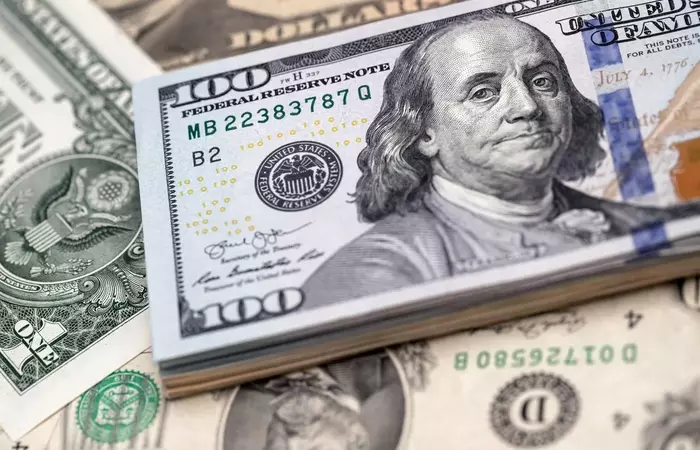

De-dollarisation exercise: Will the momentum continue?
The primary oil exporting countries such as Saudi Arabia and UAE, which have now been inducted in the BRICS bloc, may start switching to a non dollar payment mode for crude. Russia, under sanctions since last year, is already aggressively pursuing non-dollar trade.
“There are no issues discussing how we settle our trade arrangements, whether it’s in the US dollar, the euro or the Saudi riyal,” Saudi Arabia’s Finance Minister Mohammed Al-Jadaan said while speaking at the World Economic Forum this year.
India’s move to purchase one million barrels of crude from Abu Dhabi National Oil Company using its own currency – the rupee — for the first time, hit headlines earlier this month. India has been buying Russian oil in currencies other than the dollar. New Delhi has been using the rupee to buy Russian oil since last year. It has also been using the UAE dirham and Chinese yuan to settle payments.
New Delhi is now keen to thrash out a similar arrangement with sanction hit Iran.
“There are some issues with rupee trade. These teething problems are natural but discussions are on and we are looking at this as a long term system and not just to skirt the sanctions,” Sanjeev Sanyal, Member, Economic Advisory Council to the Prime Minister, told India Narrative.
The Reserve Bank of India (RBI), in a bid to internationalise the rupee, has been actively promoting rupee trade with other countries.
China, too, is in the race of globalising the yuan. However, “India has a better chance at internationalizing its currency as compared to China,” due to the rupee being more market driven, a recent report published by a Gateway House, foreign policy think tank, noted.
The exchange rate of the Indian rupee is market driven based on demand and supply though the central bank does intervene occasionally in case of excessive volatility in the foreign exchange market.
The RBI has already given its nod to various banks from 18 countries to open Special Vostro Rupee Accounts (SVRAs) to facilitate transactions in rupees. Many more countries have also expressed their interest in transacting in the Indian currency. While transactions in the Indian rupee have its limitations—the currency can be used for payments only with countries which have a formal agreement with India unlike the US dollar, experts said that the sudden sanctions have brought out the need to have alternate payment systems.
Though the petrodollar continues its dominance, several countries are now openly looking at setting up payment mechanisms outside the US dollar ambit following Washington’s move to isolate Russia by freezing its foreign exchange reserves and denying access to the SWIFT payment mode.
The SWIFT or Society for Worldwide Interbank Financial Telecommunication facilitates in sending and receiving messages on financial transactions with a bid to ensure a standardised and reliable ecosystem.
“There is a risk when we use financial sanctions that are linked to the role of the dollar that over time it could undermine the hegemony of the dollar,” US Treasury Secretary Janet Yellen acknowledged while speaking to CNN.
An ING report said that the expansion of the BRICS grouping could determine the speed with which the bloc adopts commercial and financial systems outside of the dollar sphere.
Besides Saudi Arabia and UAE, Argentina, Iran, Egypt, and Ethiopia have been invited to join the BRICS bloc. With the inclusion of these countries, the BRICS bloc will have 44.35 per cent of global oil reserves Russian news agency TASS noted.
Th US dollar continues to be the king but the sanctions on Russia and the and the ‘weaponisation’ of the payments mechanism have now expedited ‘de-dollarisation’ exercise.
Also read: Saudi Arabia, UAE, Iran’s inclusion in BRICS can chalk out a new global energy order
Prime Minister Narendra Modi on Monday welcomed US Vice President JD Vance, his wife Usha…
Prime Minister Narendra Modi is set to visit Saudi Arabia from April 22 to 23,…
Major Archbishop of Trivandrum of the Syro-Malankara Catholic Church, Cardinal Baselois Cleemis Thottunkal, on Monday,…
Protests against the arrest of Mahrang Baloch and members of the Baloch Yakjehti Committee (BYC)…
Union Home Minister Amit Shah on Monday lauded security forces for neutralising eight Naxals in…
The President of the Tibetan Government in exile, Sikyong Penpa Tsering began his visit to…